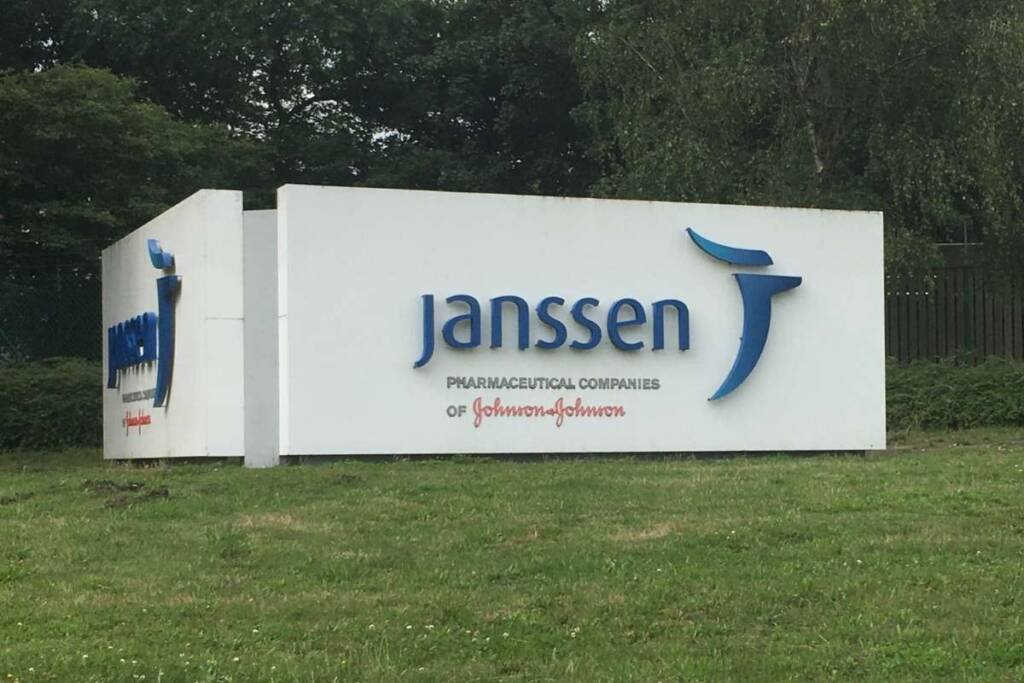After the FDA’s green light for AstraZeneca/Merck and Pfizer’s PARP inhibitors, Johnson & Johnson (J&J) has now secured its own combination approval for treating prostate cancer. This newly approved tablet treatment, commercially known as Akeega, brings together J&J’s androgen-directed drug Zytiga (abiraterone acetate) with the PARP inhibitor niraparib, also recognized as Zejula, developed by GSK for other applications. However, the FDA’s approval is limited to a specific subset of patients with metastatic castration-resistant prostate cancer (mCRPC) – those who possess BRCA mutations.
Akeega is set to compete with AstraZeneca and Merck’s Lynparza, along with Pfizer’s Talzenna, all competing for the same indication. Recently, the FDA granted Lynparza a similar narrow approval for individuals with BRCA-positive tumors. In contrast, Talzenna’s approval encompasses a broader spectrum, including various mutations within the homologous recombination deficiency category.
Related: A2R, A Prostate Cancer Medication, Is Discontinued By Arcus And Gilead
The groundwork for Akeega’s development was laid through a 2016 agreement with Tesaro, the creators of Zejula, where J&J secured rights to employ the drug for prostate cancer treatment. Later, GSK acquired Tesaro in 2019.
“The approval of AKEEGA brings an important treatment option to patients with prostate cancer as they consider their road ahead, and it also highlights the importance of genetic testing and precision medicine for this disease. All individuals diagnosed with prostate cancer should consider genetic testing, especially those from racial and ethnic minority groups who tend to have worse cancer outcomes. This is imperative to close the racial and ethnic disparities in prostate cancer health outcomes.”
– Shelby Moneer, MS, CHES, Vice President of Patient Programs and Education, ZERO Prostate Cancer
The FDA’s endorsement of Akeega stemmed from findings in the MAGNITUDE Phase III study. This research demonstrated that the Akeega combo reduced the risk of radiographic disease progression or mortality by a notable 47% in cases of BRCA-mutant disease, in comparison to the placebo alongside Zytiga and prednisone.
Upon the second interim analysis, with a median follow-up period of 24.8 months in the BRCA-positive subgroup, Akeega plus prednisone exhibited a median radiographic progression-free survival of 19.5 months, surpassing the 10.9 months in the placebo group.
Crucially, J&J stated that the combination’s safety profile aligned with the established safety records of each monotherapy component.
Prostate cancer ranks among the most prevalent cancers in the US, anticipating around 288,300 new diagnoses and nearly 35,000 fatalities this year alone. Patients afflicted with BRCA-positive mCRPC generally face more aggressive disease trajectories, leading to poorer outcomes and reduced survival timelines.
“Janssen’s legacy of advancing the science of prostate cancer has contributed to the evolution of transformational treatment approaches for more than a decade. This milestone, which marks the approval of Janssen’s third prostate cancer treatment, highlights the importance of advancing precision medicine approaches and genetic testing for the treatment of patients with BRCA-positive mCRPC.”
– Kiran Patel, M.D., Vice President, Clinical Development, Solid Tumors, Janssen Research & Development, LLC
In this ongoing landscape of evolving treatments and approvals, Akeega’s arrival signifies a significant advancement in addressing a critical medical challenge. As the competition among PAPR inhibitors intensifies, the potential impact on patient care and medical strategies remains under the spotlight.





























